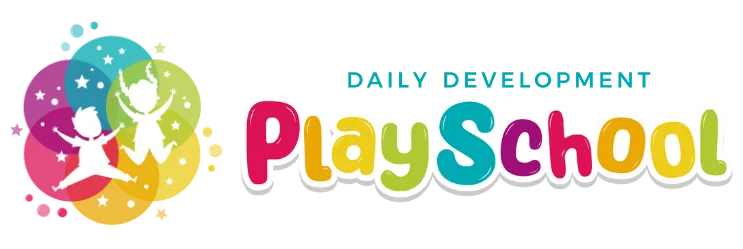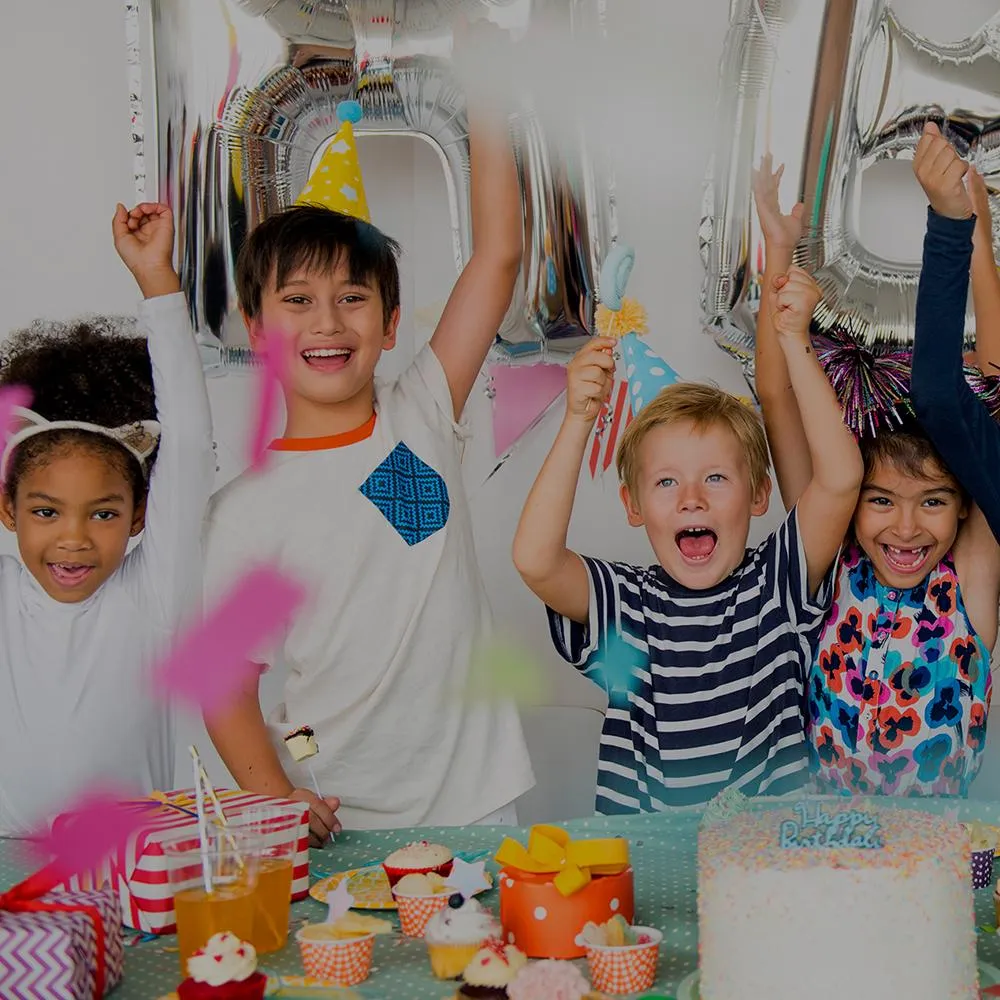Where Play Meets Intentional Learning
At Play School, we believe childhood is not just a stage—it's a foundation.
It's the way your child learns today will shape how they learn for a lifetime.
We’re not childcare. We’re not a “busy” preschool room filled with worksheets and routines. We’re something better.
Play School is a purposefully designed, play-based learning environment where children ages 3–5 are gently guided to explore, think critically, and grow socially—so when they step into kindergarten, they’re not just “ready,” they’re thriving.
Here, every activity is rooted in research and built to meet real
developmental milestones. Every moment of play is intentional,
preparing your child with the tools they need to become a confident
learner, problem-solver, and independent thinker.
Parents choose Play School because they want more —they want
connection, growth, and a strong start.

Empowering Young Minds, Elevating Futures
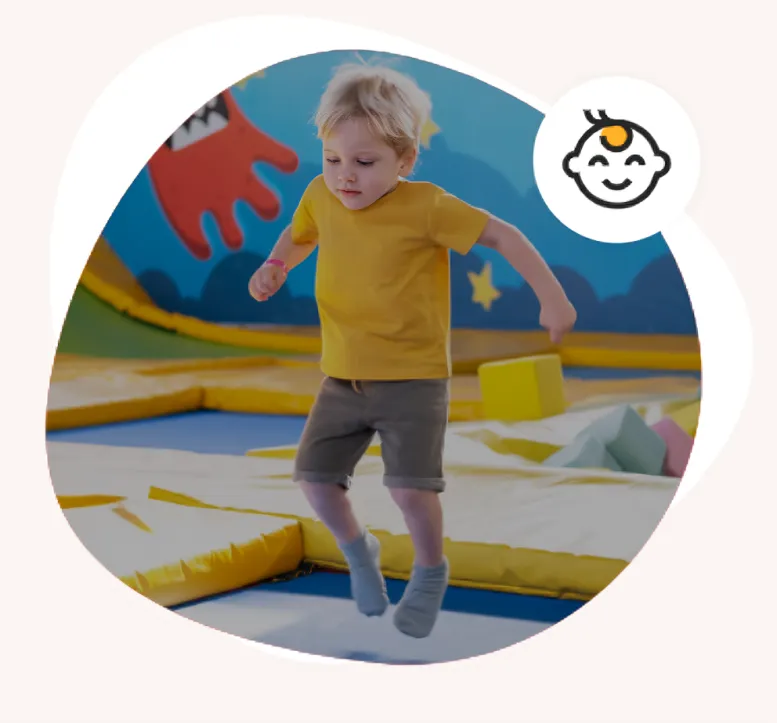
Soft Play Area
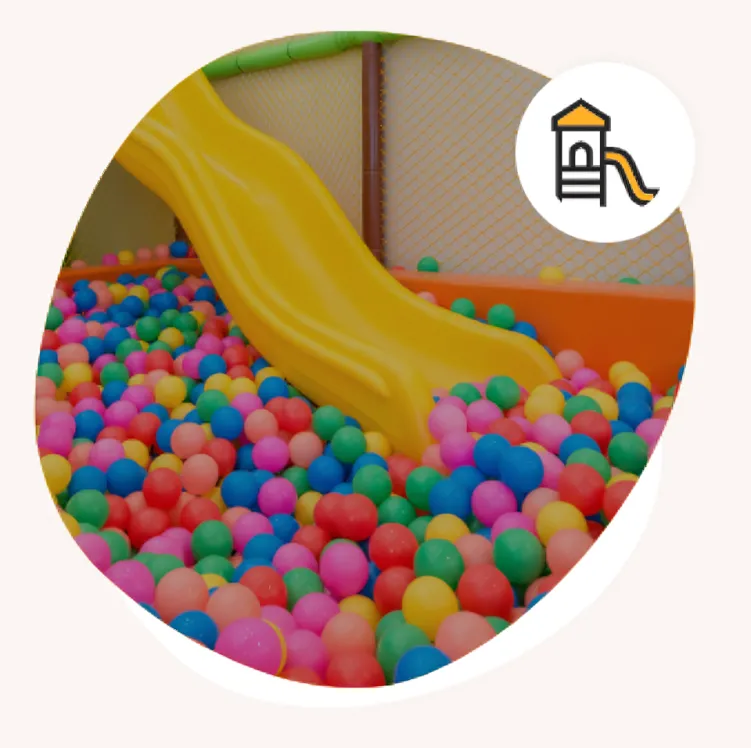
Indoor Playground
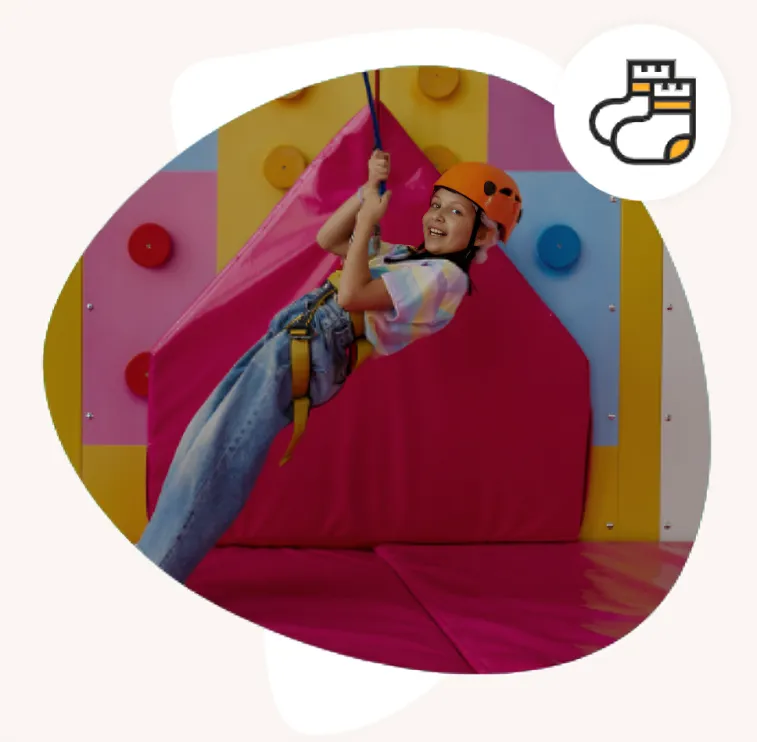
Climbing Wall
Moments of Joy, Captured Forever
Take a glimpse into the vibrant world of our little learners! Our gallery showcases the fun, creativity, and boundless energy that fills our space every day. From playful activities to meaningful learning moments, see how we foster growth, friendships, and unforgettable memories for your child.
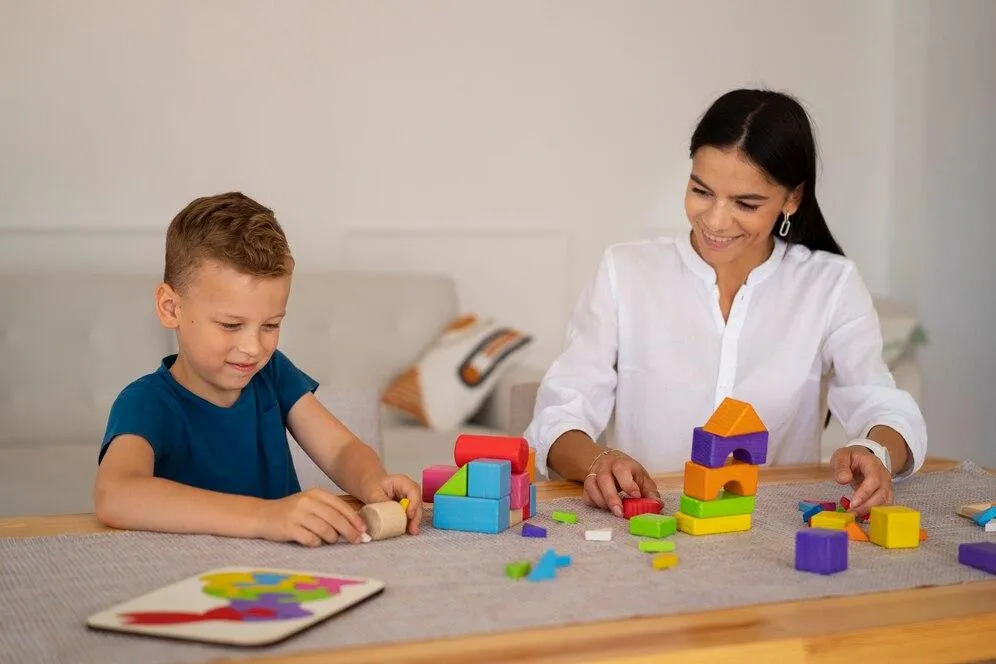
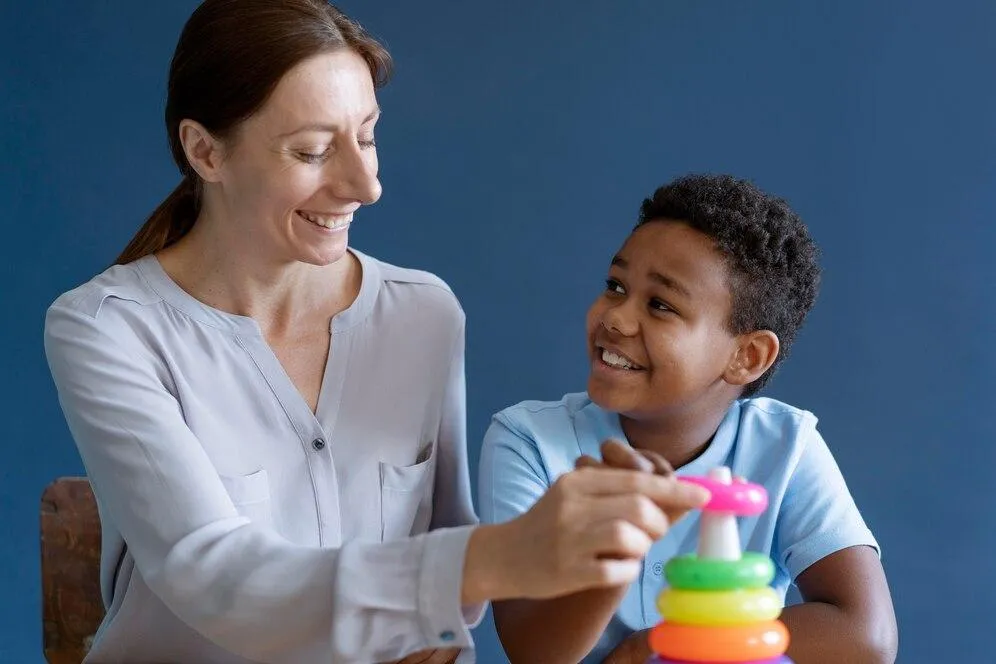
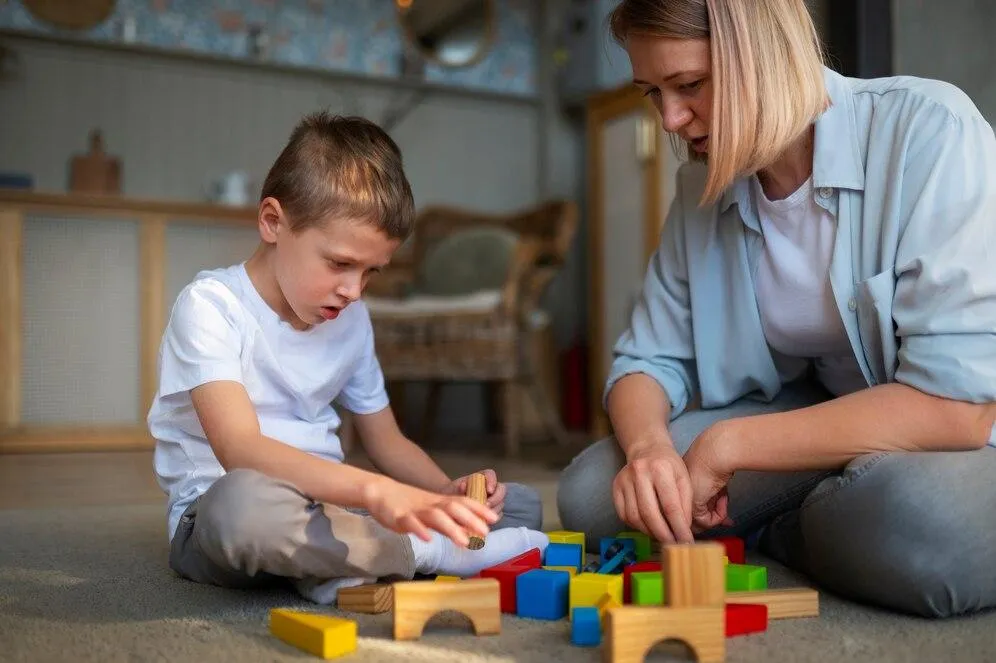
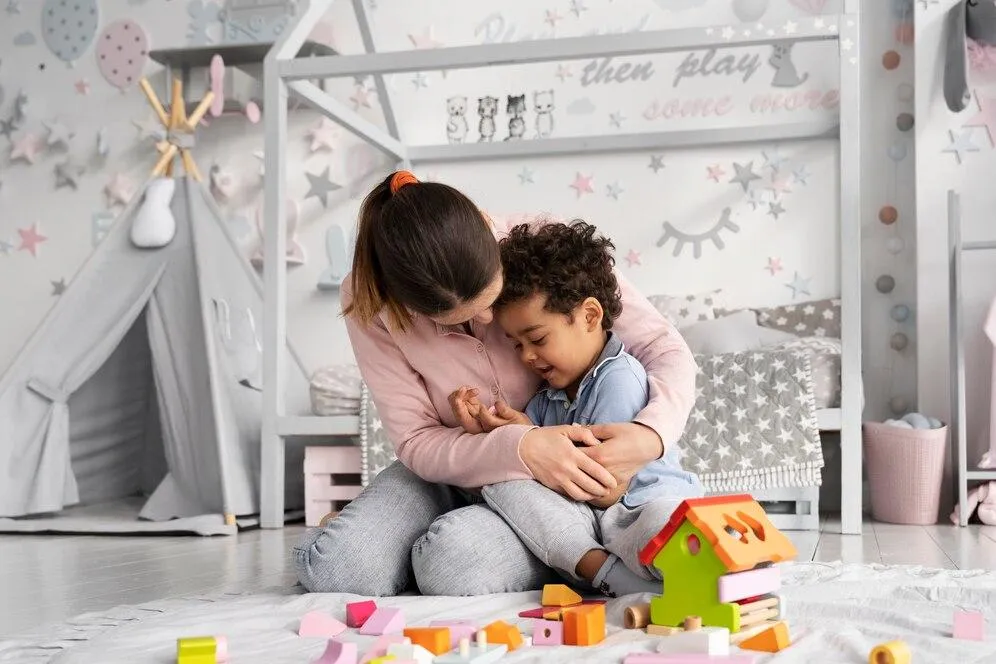
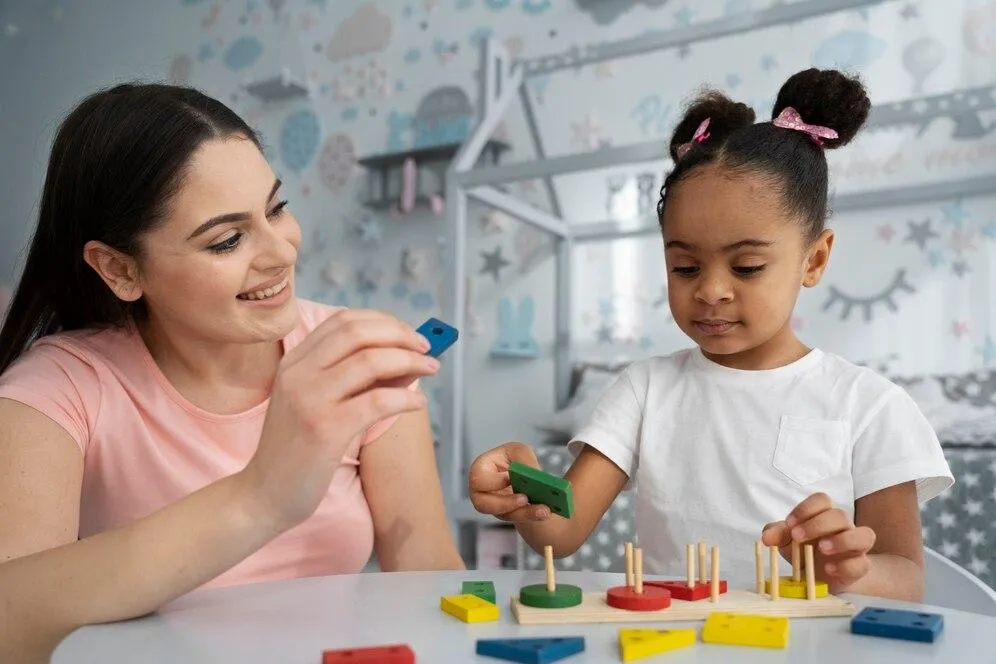
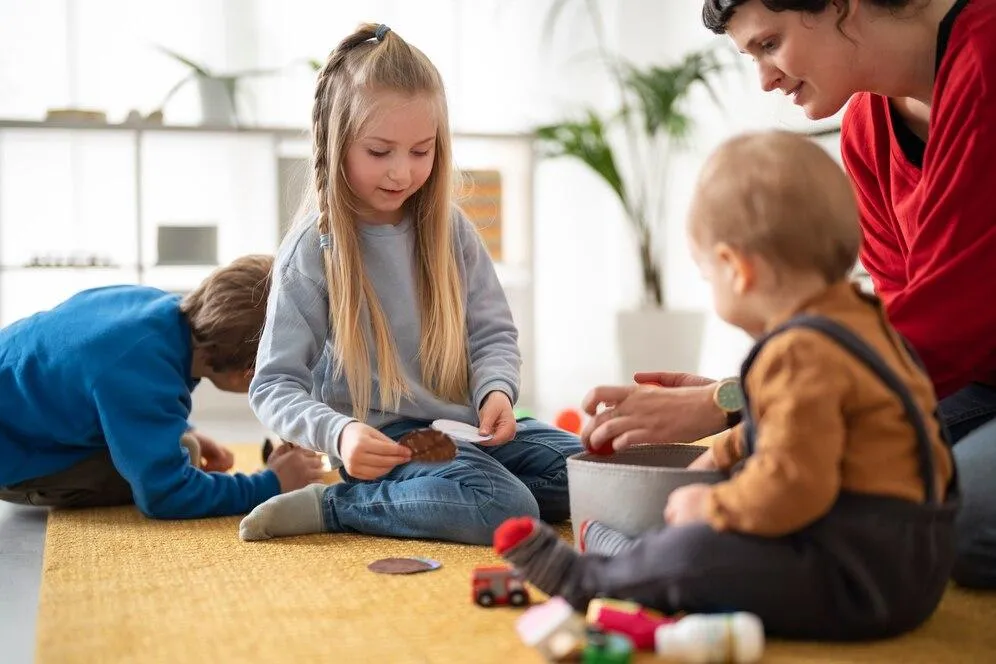
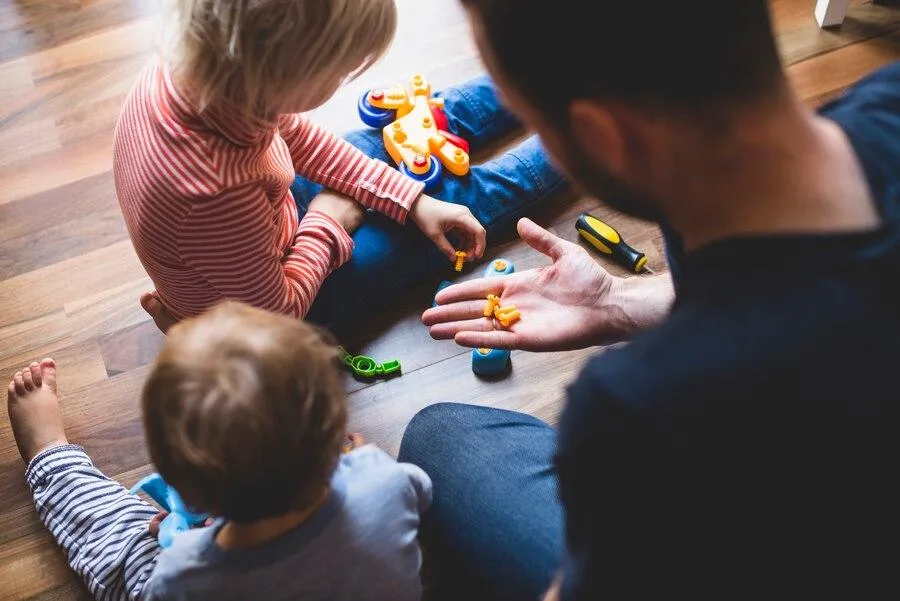
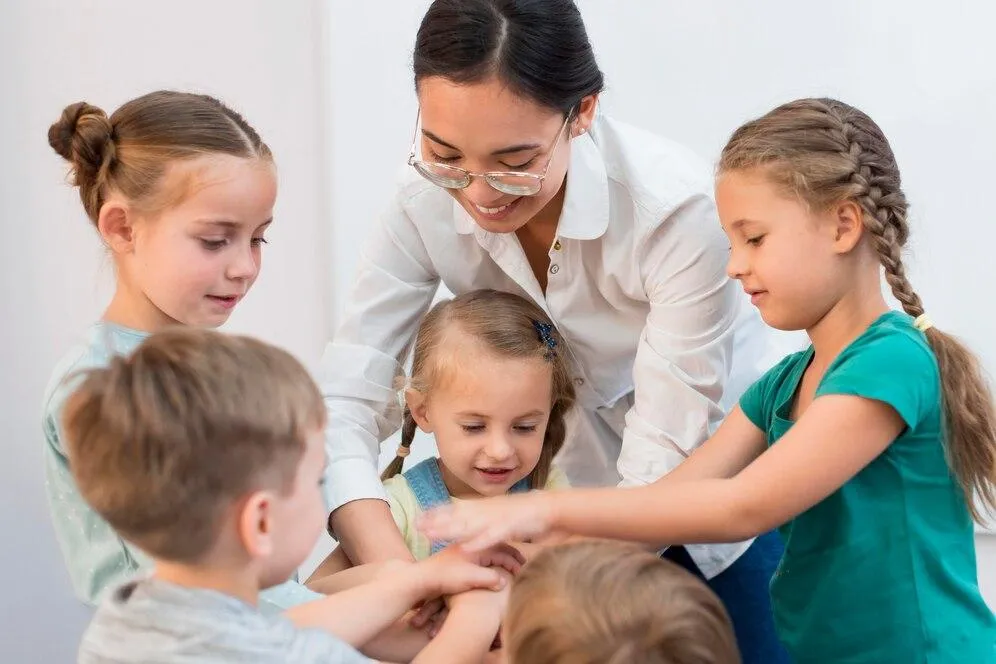
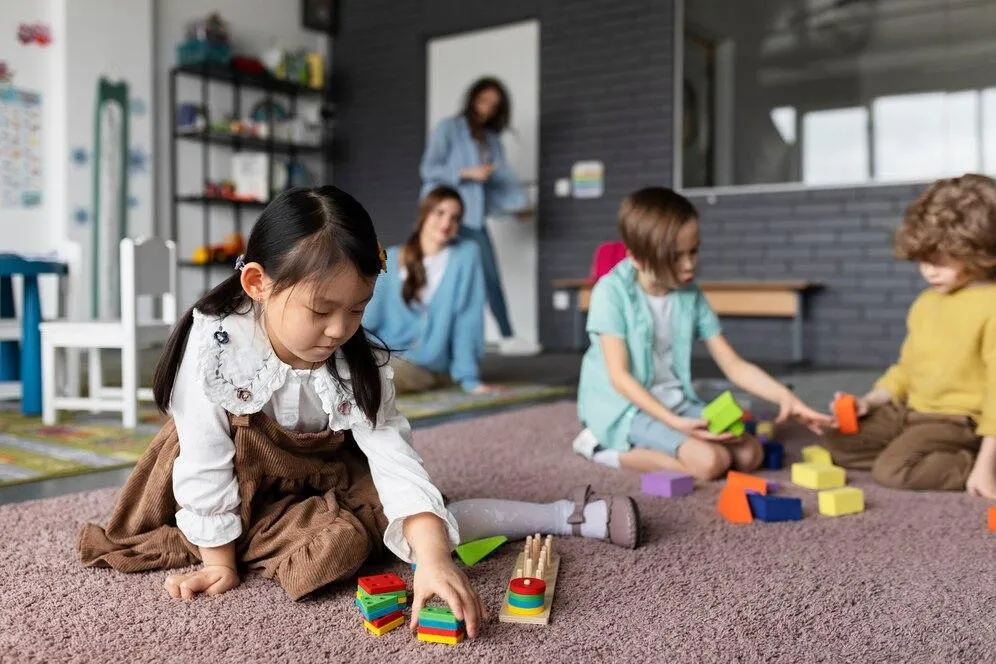
Moments of Joy, Captured Forever
Take a glimpse into the vibrant world of our little learners! Our gallery showcases the fun, creativity, and boundless energy that fills our space every day. From playful activities to meaningful learning moments, see how we foster growth, friendships, and unforgettable memories for your child.










Trusted Child Care Professionals

Trusted Expertise
Our experienced and dedicated team of child care professionals ensures every child receives the highest level of care, attention, and support tailored.

Safe & Nurturing
We provide a safe, loving, and stimulating space where children can explore, learn, grow with confidence, and build lasting friendships.

Holistic Development
We focus on the overall growth of your child, promoting their cognitive, emotional, and physical development through engaging activities.

Qualified Caregivers
Our team consists of trained, compassionate professionals who are dedicated to supporting your child's journey every step of the way.

Our Focus
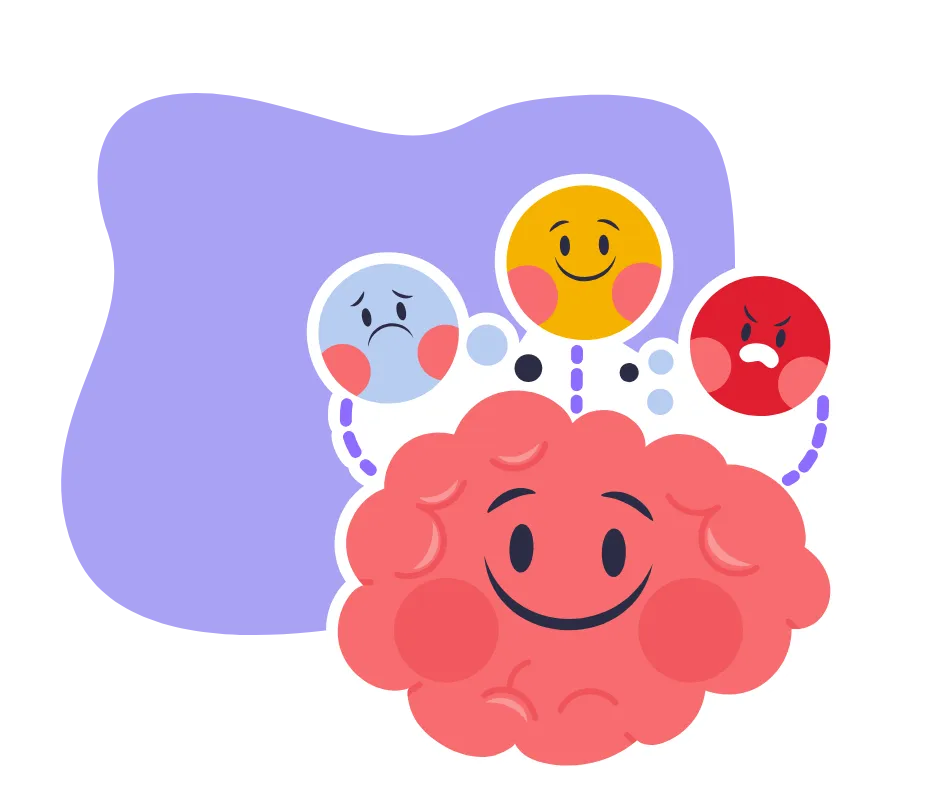
Social Emotional Development
Play is vital for fostering social-emotional development in children, providing a safe and engaging environment for them to explore emotions, practice social skills, and build resilience. Through pretend play, children learn to navigate real-world scenarios, enhancing their empathy and ability to cooperate with others. For example, sharing toys or taking turns during group play helps children develop self-regulation and conflict resolution skills. According to the American Academy of Pediatrics, play is an essential tool for developing emotional resilience and forming positive relationships, as it teaches children how to manage stress and build connections with peers and adults.

Cognitive and Academic Preformance
Play is a cornerstone of cognitive growth and academic success, promoting critical thinking, problem-solving, and creativity. Research from the LEGO Foundation emphasizes that play-based learning fosters skills such as memory, focus, and adaptability, all of which are essential for academic achievement. Block building, puzzles, and games that encourage exploration strengthen neural pathways and lay the groundwork for subjects like math, science, and literacy. Furthermore, studies show that children engaged in play-based curricula are more likely to develop a love for learning, demonstrating improved academic performance and a greater capacity for innovative thinking.

Gross and Fine Motor Development
Play-based programs are essential for developing strong gross motor skills, which are foundational to a child’s physical health and overall development. Research shows that active play—such as climbing, running, jumping, and dancing—helps children build core strength, coordination, balance, and body awareness. Through structured and unstructured outdoor and indoor play, children naturally refine these large muscle movements while also learning to navigate space and interact with their peers. Play-based environments prioritize movement and exploration, supporting not only physical growth but also cognitive functions like focus, self-regulation, and problem-solving. By engaging in playful movement daily, children develop the physical confidence and endurance they need for school readiness and lifelong wellness.

Fine Motor Development
Research highlights that hands-on, engaging activities—such as building with blocks, manipulating playdough, threading beads, drawing, and using scissors—strengthen the small muscles in the hands and fingers. These playful experiences not only improve dexterity and hand-eye coordination but also foster concentration and independence. In a play-based environment, children are naturally drawn to activities that challenge their motor skills in meaningful, enjoyable ways, helping them build the precision and control needed for academic tasks and everyday life.

Communication and Language Development
Play creates rich opportunities for communication and language development by encouraging children to express themselves, negotiate with peers, and engage in storytelling. Pretend play and role-playing games help children experiment with new vocabulary, sentence structures, and conversational norms. Research published in the journal Early Childhood Research Quarterly found that children engaged in social pretend play exhibit higher levels of expressive and receptive language skills. Moreover, interactive play with adults and peers fosters listening skills and improves the ability to comprehend and follow directions, laying the foundation for strong literacy and communication skills.

Leadership Skills and Critical thinking
Research in early childhood education shows that when children engage in imaginative and collaborative play, they practice negotiation, take initiative, and learn to consider multiple perspectives—key components of both leadership and critical thinking. Through open-ended play scenarios, children are naturally motivated to ask questions, test ideas, and adapt their strategies based on outcomes. This hands-on, child-led approach nurtures confidence, resilience, and the ability to think independently—laying a strong foundation for future academic and social success.

Visualizing Their Bright Future
Explore the exciting moments captured at our child care center! Our image slider showcases the joy, creativity, and growth that fills each day. Watch how your child can flourish in an environment that promotes fun, learning, and endless possibilities.

Affordable Play, Priceless Experiences
Tuesday and Thursday Morning
Story Book Learners
3-5 Years

2 Weekly Classes
Online membership curriculum
Play Book
Play and Literature Based
$5 per month
Online Membership Only
Ready, Set, Play Curriculum
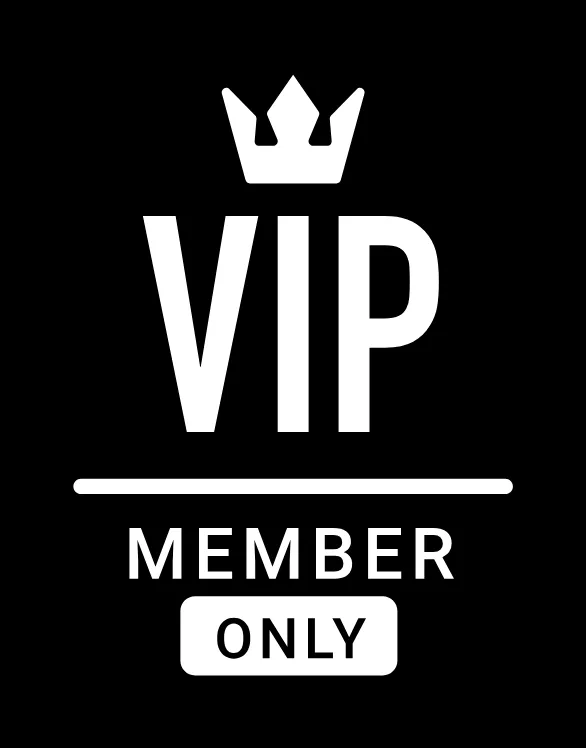
Printables and Ready to go activities
Community engagemnet
Direct question and answers
New weekly activities
$5 per month
Tuesday and Thursday Afternoon
Kinder-Ready
3-5 years

2 Weekly Classes
Online membership curriculum
Play Book
Kinder Ready Assessment
$125 per month
Your Child’s Journey Begins Today – Let’s Grow Together!
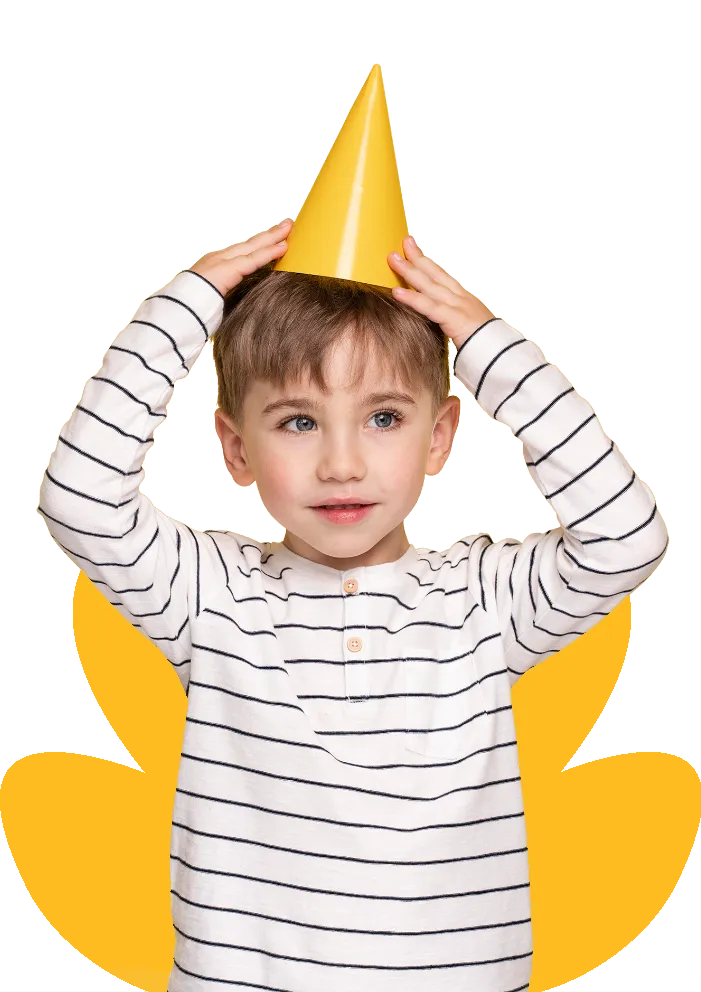
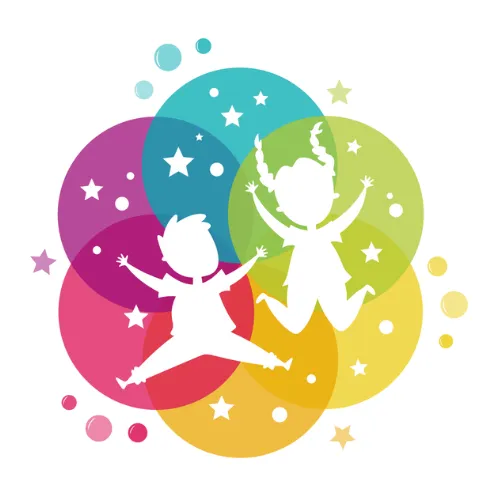
We’re dedicated to nurturing your child’s growth and development. Thank you for trusting us to be part of their journey. Stay connected for updates, tips, and more!
Quick Links
Resources
Connect With Us
© Daily Development LLC 2024. All Rights Reserved. By: Erika Hill
